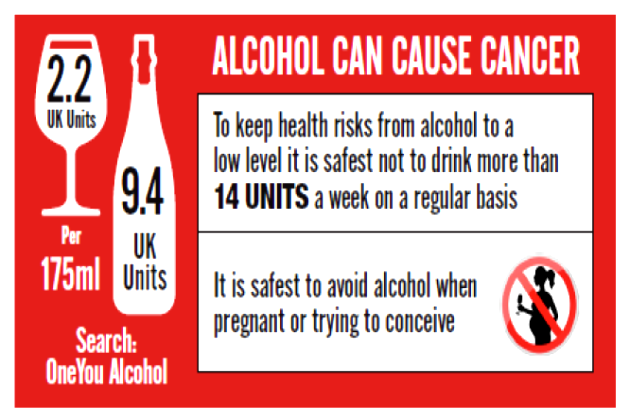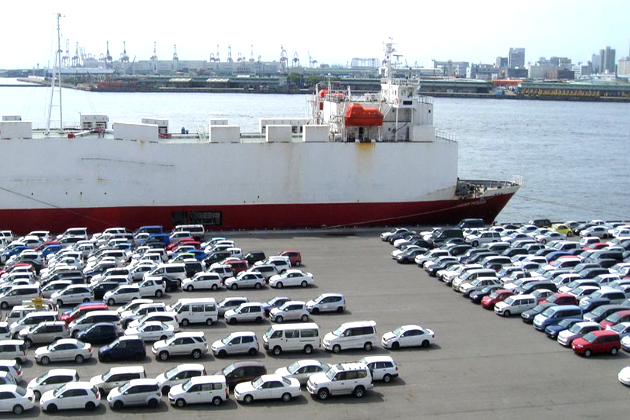Green skills to help nature repair itself are scarce: what we're doing to train more experts in South Africa and Senegal
The Conversation
17 Feb 2025, 15:32 GMT+10

Africa's population is growing. This means more landscape change and development of supporting infrastructure. Ecosystems are under pressure, made worse by natural disasters induced by climate change.
In response, governments, scientists and environmentalists are turning their attention to nature-based solutions. These are environmental strategies that aim to address environmental damage, including the impact of disasters, climate change, and water and food insecurity.
For example, wetlands are a natural resource for humans and create a habitat for wildlife. They filter water and control floods. But they've been degraded all over the world, which threatens biodiversity and human livelihoods. Wetland restoration is a nature-based solution. Other examples are reforestation, and setting up green infrastructure in cities, such as urban forests and roof gardens.
Read more: Humans can work with nature to solve big environmental problems - but there's no quick fix
Nature-based solutions are taking off all over the world. In Kenya, about 8,000 mangrove or coastal forests are being restored every year. These shield communities who live on the coast from storms, and absorb large amounts of greenhouse gases. The Great Green Wall landscape restoration initiative in Africa's Sahel region is also a nature-based solution.
In China, 30 pilot "sponge cities" have been set up. These contain bioswales (ditches filled with plants that absorb stormwater during heavy rains and prevent floods), and rain gardens made up of plants grown on hillsides that also soak up heavy rains.
However, nature-based solutions are not being established fast enough to decrease global warming. In Africa particularly, there is a shortage of people who have the green skills needed. Engineers with the skills to design green infrastructure, and environmental scientists who oversee environmental and social impact assessments, are in short supply. Nature-based solutions can't be set up without them.
Until now, universities have not offered specific degrees in this field. And there are very few professional training courses for ecologists and scientists. The result is a green skills gap.
We are part of a team of ecologists, engineers, sustainability scientists, hydrologists and social scientists who are working on filling this gap. We are revamping curricula at South African and Senegalese universities.
Read more: Jobs of the future: South Africa has major gaps in skills needed to shape the green economy
Our academic project, Nature-based Solutions for African Resilience, aims to identify the missing green skills in university degrees, and develop nature-based solutions curricula.
If we do not take urgent action to integrate these green skills into education and training, Africa could miss out on opportunities to build a sustainable future.
We conducted interviews and surveys with more than 50 experts at South African universities, professionals in consulting firms, and decision-makers in government bodies, to see what kind of training was missing from university degrees and short courses for professionals.
They identified these gaps:
Interdisciplinary knowledge: Ecology, hydrology, and climate science are mainly taught as part of the environmental sciences. These subjects haven't yet been included in engineering degrees. So there's a shortage of environmental engineers - people with the skills to incorporate natural solutions into engineering projects.
Community engagement: Nature-based solutions projects are long-term projects designed in partnership with the people of an area. Skills need to be taught in how to set up and run community meetings where everyone has an equal voice.
Policy and funding: This involves training in fundraising, policy writing and lobbying for support for projects.
Ethics and engagement: Universities need to teach students how to engage with communities in ways that are ethical. Practitioners therefore need to be trained in how to involve Indigenous knowledge systems.
Having identified these gaps, our project decided to set up training for students and professionals in these areas:
Nature-based solutions for water management: How to restore city stormwater systems and urban wetlands.
How to plan for climate change adaptation and conservation.
How to conserve the environment so that it absorbs as much carbon as possible: this needs training in ecosystem preservation such as reforestation and habitat restoration.
Training people to monitor whether the nature-based solutions are making a difference.
Educational institutions will need to develop specialised courses and integrate this kind of interdisciplinary learning into their curricula:
Multidisciplinary understanding: Balancing specialised knowledge from different university departments with broader environmental understanding.
Interdisciplinary modules: For example, courses linking nature-based solutions with water and catchment management.
Practical learning: Taking students out into the field to analyse successful nature-based solutions projects.
African countries need to act now to set up nature-based solutions to the problems caused by global warming and environmental damage. There is still time to do something. If the continent does not act quickly, the cost will be high. The United Nations Environment Programme has found that developing countries need to adapt to climate change urgently if they want to protect their food, water and agriculture systems.
The International Federations of Red Cross and Red Crescent Societies found that doing nothing to adapt to climate change could result in 200 million people needing humanitarian aid as a result of climate-related disasters by 2050 - up from the 108 million who need it today.
Nature-based solutions can drive sustainable development and create new jobs in climate-change related work. Rhodes University's Nature-based Solutions for African Resilience project is a start. However, this task goes beyond academia. It needs partnerships between universities, business, non-profit agencies, communities and others to develop the skills for society to become resilient to global warming.
 Share
Share
 Tweet
Tweet
 Share
Share
 Flip
Flip
 Email
Email
Watch latest videos
Subscribe and Follow
Get a daily dose of Africa Leader news through our daily email, its complimentary and keeps you fully up to date with world and business news as well.
News RELEASES
Publish news of your business, community or sports group, personnel appointments, major event and more by submitting a news release to Africa Leader.
More InformationInternational
SectionNavy jet crashes off San Diego; crew ejects, rescued by boat
LOS ANGELES, California: Two crew members ejected from a Navy jet before it crashed into the ocean near San Diego this week. A sportfishing...
WHO urges tobacco-style warnings on alcohol in Europe
GENEVA, Switzerland: The World Health Organization is pushing for bold, tobacco-style warning labels on alcoholic beverages across...
US judge approves extradition of Turkish author and son for car crash
BOSTON, Massachusetts: A U.S. judge has ruled that a Turkish author and her son can be sent back to Turkey to face charges. The son...
New York confirms first case of new mpox strain
NEW YORK CITY, New York: The New York State Department of Health has confirmed its first case of a new mpox strain, increasing concerns...
NASA swaps astronaut capsule to speed up Starliner crew’s return
WASHINGTON, D.C.: NASA changed the astronaut capsule for its next routine flight to the International Space Station (ISS). This change...
Fort Bragg name restored as defense secretary reverses 2023 change
FAYETTEVILLE, North Carolina: U.S. Defense Secretary Pete Hegseth has changed the name of the Army base Fort Liberty back to its original...
Business
SectionGlobal stocks close higher, U.S. dollar edges higher
London, UK - Monday's trading session ended with a diverse range of performances across global markets, as major indices posted modest...
Port of Brunswick in Georgia leads in auto shipments in US for 2024
SAVANNAH, Georgia: The Port of Brunswick became the top U.S. seaport for automobiles in 2024, growing rapidly and surpassing the Port...
Igloo recalls over a million coolers over handle defects
NEW YORK CITY, New York: Igloo is recalling over a million of its rolling coolers across the U.S., Mexico, and Canada after reports...
China accelerates coal expansion, surpasses 100GW in 2024
BEIJING, China: China's coal power expansion surged in 2024, with nearly 100 gigawatts of new coal plant capacity breaking ground—the...
Nissan faces significant loss after scrapping Honda integration
TOKYO, Japan: Nissan is bracing for a steep financial loss as it scraps plans for a business integration with Honda, the company announced...
UK trader wins Supreme Court fight against US extradition
LONDON, U.K.: A UK-based securities trader accused of insider dealing in the United States has won his legal battle against extradition,...













